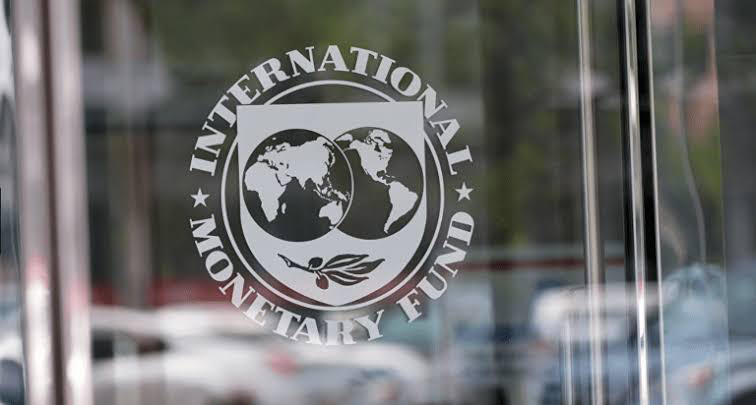The International Monetary Fund (IMF) has recently advised the Nigerian government to eliminate its fuel and electricity subsidies, a move it sees as essential for the country’s economic health. This recommendation came as part of the IMF’s Post Financing Assessment of Nigeria, where despite a challenging economic outlook, the IMF commended the government for its structural reforms.
Under President Bola Tinubu’s leadership, Nigeria has initiated significant changes aimed at boosting the economy. These include the controversial removal of fuel subsidies and the unification of foreign exchange rates. Further, President Tinubu has set up a Presidential Fiscal Policy and Tax Reforms Committee tasked with creating strategies to increase domestic revenue. These funds are intended to support critical investments in infrastructure, health, and education.
To mitigate the impact of rising inflation, which has significantly affected living conditions, the government took several steps. These included releasing cereals from national reserves, providing subsidized fertilizer to farmers, and capping retail prices for fuel and electricity. However, these measures have partially rolled back the progress made in removing fuel subsidies. Additionally, the government implemented a service wage award and suspended VAT on diesel to ease financial pressures on citizens.
The IMF, however, stands firm on its stance regarding subsidies. It argues that while temporary and targeted support for the most vulnerable is necessary during the ongoing cost-of-living crisis, fuel and electricity subsidies are expensive and inefficient. According to the IMF, these subsidies fail to reach those in dire need of government support and should be completely phased out.
Confirmation from the Nigerian government last month revealed plans to allocate nearly $1.1 billion to subsidize electricity in 2024, indicating the financial burden of continuing such subsidies. The economic implications of removing fuel subsidies have been significant. A World Bank report highlighted that the Nigerian government could save approximately $2.6 billion in 2023, about 0.9% of its GDP, with these savings potentially increasing to over $14.3 billion by the end of 2025. Despite the financial strain, the subsidy’s removal last year marked a pivotal shift towards addressing the fiscal challenges faced by the nation.
The IMF has recognized the Tinubu administration’s efforts in implementing crucial policy reforms amidst difficult circumstances. The new Central Bank of Nigeria team’s focus on price stability, moving away from its previous development finance role, was particularly noted for its positive impact. Yet, despite these efforts, Nigeria continues to grapple with a challenging external environment and domestic issues. High global food prices, exacerbated by conflict and economic fragmentation, along with low reserves and limited fiscal space, pose significant obstacles to the country’s growth and stability.
The possibility of maintaining a partial fuel subsidy in the short term remains high, especially as Nigeria relies on fuel imports until the Dangote refinery, which opened in May 2023, increases its production capacity. This situation emphasized the complex fiscal pressures and social challenges facing Nigeria, highlighting the delicate balance the government must maintain between economic reform and social stability.



